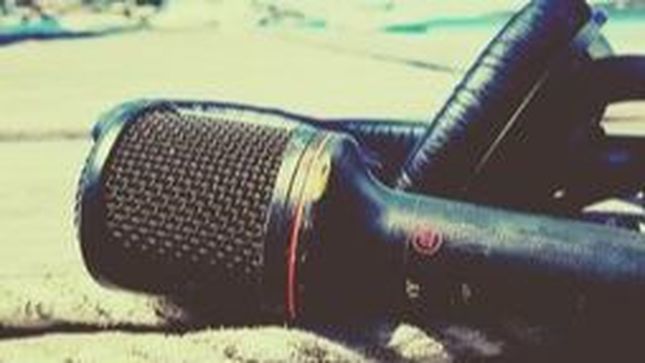|
Have you heard the term ‘lean in’? It conjures an image of a person listening intently, leaning forward to get closer to the source. A podcast is a ‘lean in’ listening experience. It means the audience member has actively sought out and chosen the audio - they’ve made a particular kind of commitment to listen. And that audio is right in their ears via their headphones, so it needs to sound good, and keep their close attention. It stands in direct contrast to switching on your favourite radio station and having it burble away in the background of your daily life.
Stylistically, daily radio and chit chat is light of touch, quick and cheap to prepare and ebbs and flows through the day. But there was one Australian network which was perfectly placed for the podcast revolution. The work, particularly coming from the documentary features unit, was self-contained - it had a beginning, middle and end, was focused in its content, carefully planned, highly edited and deliberately structured to draw the listener along - even when it appeared to also be conversational. That network was ABC RN, where I worked as a documentary and podcast maker for 20 years. Staff producers at ABC RN are multi-skilled and independent operators - an individual maker will cover every aspect of a production right up to the final mix - from conception, research, interview coordination, writing question briefs, conducting interviews, enticing the interviewee to present at their best and make sense. Then there'd be presentation, editing and sound design - all these together being the hallmarks of quality listening. So, this kind of radio evolved to become podcasting, and it makes sense that RN and its staff producers, were early adopters. Now, a podcast (or radio) of this kind may attract a smaller audience than daily radio tots up, but each listener has come on purpose to hear content that is relevant to them. They are an interest-group audience and they may well be ‘influencers’. As podcasts become ubiquitous, to keep that audience it's vital the ideas are rich, the guests engaging, and the audio object be well-crafted and tightly edited. A good podcast series needs the development of a dynamic narrative flow, not just within each episode but across the series. While there are many blog-style chatty podcasts around made by newcomer makers hopeful of hitting the big-time, the quality is often dodgy to to average. If, as a brand, you want to make an impact, you’ll need serious production skills. Consider this: A 30 minute conversation between host and talent could have 200-400 editing decisions made out of 75 minutes raw recording, to cut out excessive ums, ahs, and waffling interjections. Add sound design, theme music and scripting and there are even more decisions to make. An hour’s interview takes the time it takes to play and consider and cannot be skimmed and cut like a word document. If you don’t remove the waffle and construct the direction of the unfolding conversation, your podcast becomes unfocused, and your audience drifts away. In other words - you need a high ‘hook’ count. Finally, essential to impactful, intelligent podcasting is an ear for a great voice and/or strong story; empathy in the listening and a careful approach to delicate content; an ability to translate complex ideas into accessible but captivating content; excellent organisational skills to coordinate talent, editing and sound engineering; a big picture overview with creative problem solving on the hop; an understanding of great mic technique; the experience to work under pressure and deliver to deadline; and a charming and engaging manner to entice the best from the interviewee, and the listener to stick around.
2 Comments
Leave a Reply. |
AuthorRadio maker and passionate environmental communicator, Gretchen Miller is available to make you a podcast or teach you how to tell your story. Archives
August 2018
Categories
All
|
Proudly powered by Weebly

 RSS Feed
RSS Feed